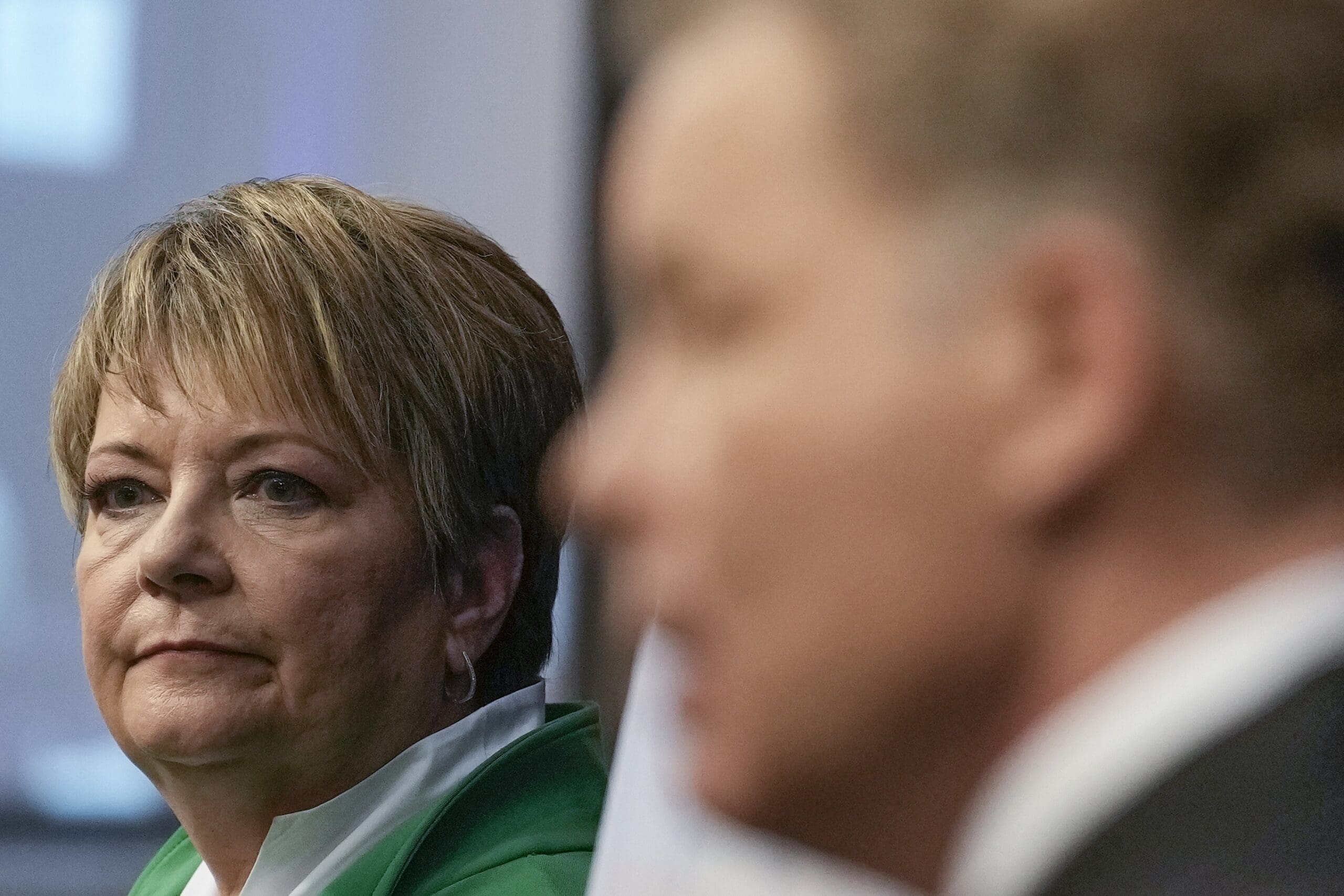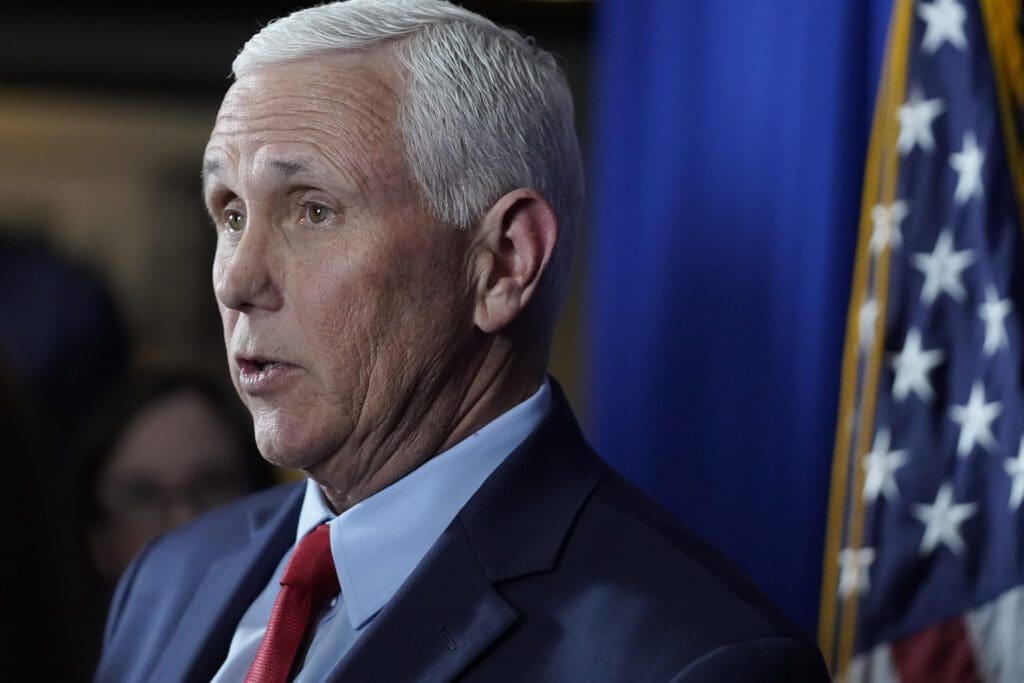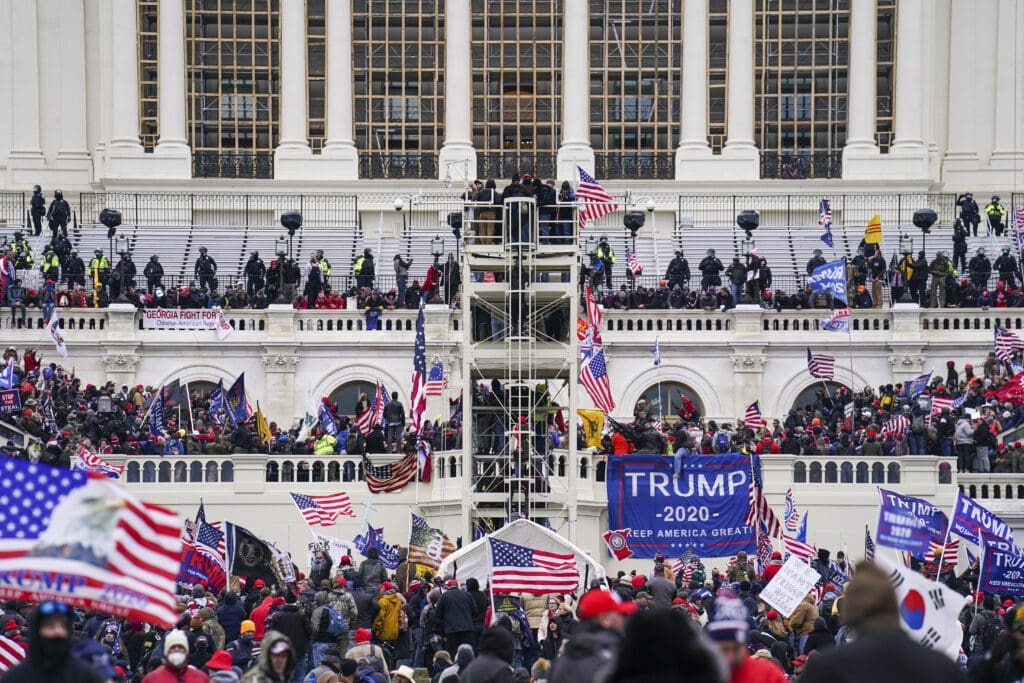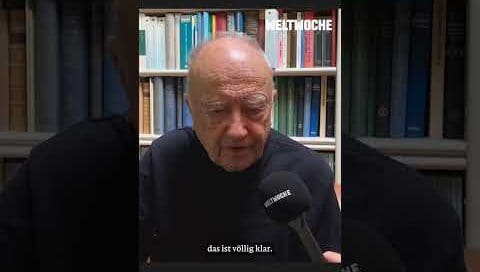

Wisconsin’s Supreme Court race could be the beginning of the end for GOP dominance
A win by Democrat-backed Janet Protasiewicz could have a domino effect in the state. | Morry Gash/AP Photo
Next week’s Supreme Court election in Wisconsin could be the beginning of the end of the GOP’s near-dominance in Wisconsin.
With the exception of the governorship, Republicans have long had a lock on most levers of power in the state. They have a strong majority of the congressional delegation. They’re on the cusp of supermajorities in both legislative chambers. And conservatives currently hold sway on the state Supreme Court.
But a liberal win in the April 4 election could upend all of that. It would give liberals an effective majority on the high court — and with it, the possibility to redraw state and congressional district lines in ways that dramatically curb Republican power.
“Wisconsinites are very familiar with hearing ‘this is the most important election of our lifetime,’” said Sarah Godlewski, a Democrat who was recently appointed to be the Wisconsin secretary of state after running for the Senate last year. But, she emphasized, this race is actually incredibly “consequential” for the longer-term political control of the state.
A liberal takeover of the supreme court could even be a factor in the race for control of the U.S. House in 2024.
A win by Democrat-backed Janet Protasiewicz — which could shift control of the court from a one-seat advantage for conservatives to a 4-3 liberal majority — could have a domino effect in the state. She is facing former state Supreme Court Justice Dan Kelly, the conservative candidate backed by the state GOP in the technically non-partisan race.
Most immediately, the court will likely decide the fate of abortion rights in Wisconsin; that and crime have been the focus of much of the debate surrounding the race. But there’s another hugely consequential matter the court could take up: a challenge to the state’s congressional district and legislative lines. And an adverse ruling for Republicans would pose a direct threat to the delegation’s GOP-heavy makeup.
Currently, Republicans have a near-ironclad hold on the state legislature, a fact that has hamstrung Democratic Gov. Tony Evers throughout his two terms. The GOP is a few seats shy of a supermajority in the state Assembly, and a special election for a red-leaning state Senate seat on Tuesday will determine if the GOP hits the two-thirds mark in the state Senate again.
The state’s congressional delegation, meanwhile, is 6-2 Republican — four safe Republican seats, two deep blue Democratic districts and a pair of red-leaning but potentially competitive districts that the GOP carried in the midterms.
But that GOP dominance is built upon conservative-friendly state and congressional district maps — lines that Democrats are itching to challenge in court.
Wisconsin’s congressional and legislative lines went through lengthy court fights following the 2020 census, after the GOP-controlled legislature and Evers could not reach an agreement on the maps. After a series of rulings from both the state and U.S. Supreme Courts, the state landed on its current legislative and congressional lines.
The U.S. House map ultimately selected by the state Supreme Court was one proposed by Evers — but it was still one that heavily favored Republicans because the court previously ruled the maps must be based on the last decade’s lines.
A win for Protasiewicz could reopen those decisions. Broadly, operatives on both sides believe a redrawn map could endanger the seats of Reps. Bryan Steil and Derrick Van Orden, the two Republicans who represent the red-leaning seats. And the district of Rep. Mike Gallagher (R-Wis.) could be redrawn to become more competitive.
More than $37 million has already been spent on the race as of late last week, according to WisPolitics.com — easily the record for spending on a state Supreme Court race anywhere in the country. But even with the stakes riding on the election, those involved say the contest is still running into the same attention gap that off-year elections face.
“For people that aren’t paying attention, it seems hard to believe that there’s a spring election that has cataclysmic importance,” said Ben Wikler, the chair of the state Democratic Party. “And breaking through that natural skepticism to convey that fact is maybe the central challenge in this organizing push.”
Operatives on both sides believe the race between the two candidates is close, though there have been no nonpartisan public polls.
In the only debate between Protasiewicz and Kelly that took place last week, Protasiewicz criticized the maps, saying they were unfair. “I don’t think anybody thinks those maps are fair. Anybody,” she said during the debate. “The question is am I able to fairly make a decision on a case. Of course I would.”
Some Republicans have attacked these comments, saying she is projecting how she would rule in cases. “I think that it really goes beyond the partisan makeup of the legislature or what the congressional delegation is going to be,” state Assembly Majority Leader Tyler August, a Republican, said in an interview. “It really goes to ‘are we going to start to allow Supreme Court justices to just make unilateral decisions?’”
But even setting aside the outcome of Tuesday’s election, there is significant uncertainty over what role the Wisconsin Supreme Court will play in redistricting in the future. There is a case pending in the U.S. Supreme Court that risks cutting state supreme courts out of that role in most federal election questions.
Perhaps even more consequential than any would-be redistricting case is the potential for the Wisconsin Supreme Court to rule on the outcome of a future election — including the 2024 presidential race. In the immediate aftermath of the 2020 election, the state Supreme Court tossed then-President Donald Trump’s challenge to the outcome in the state. At the time, Justice Brian Hagedorn — a conservative who still serves on the court and has been a swing vote in other big cases — joined the liberal minority on the case.
The most glaring near-term issue the court will grapple with, however, is abortion rights. The state currently has an 1840s law on the books banning abortion in almost all circumstances. A challenge to that law is expected to eventually land in front of the state Supreme Court, but abortion providers in the state have, in the interim, stopped performing the procedure.
Earlier this month, Republican Assembly leaders put forward a proposal to allow for the procedure in cases of rape or incest up to 12 weeks of pregnancy, along with clarifying a “health of the mother” exception. But Republican Senate leaders promised to not take it up, and Evers said he would veto it. Soon after, the governor introduced his own proposal to repeal the 1849 law, but it will not pass the legislature.
Protasiewicz and her allies are hoping the issue will propel her to victory, as it did for many Democrats last fall who outperformed expectations in the midterms. But the race has attracted significant attention from both pro-abortion rights and anti-abortion groups, who say their supporters have been fired up by the contest.
Gracie Skogman, the legislative and PAC director of Wisconsin Right to Life, said there has been an “unprecedented” response from anti-abortion advocates. “I have been truly shocked to see the amount of people who are willing to be involved in this election. That was very unexpected for us,” she added.








